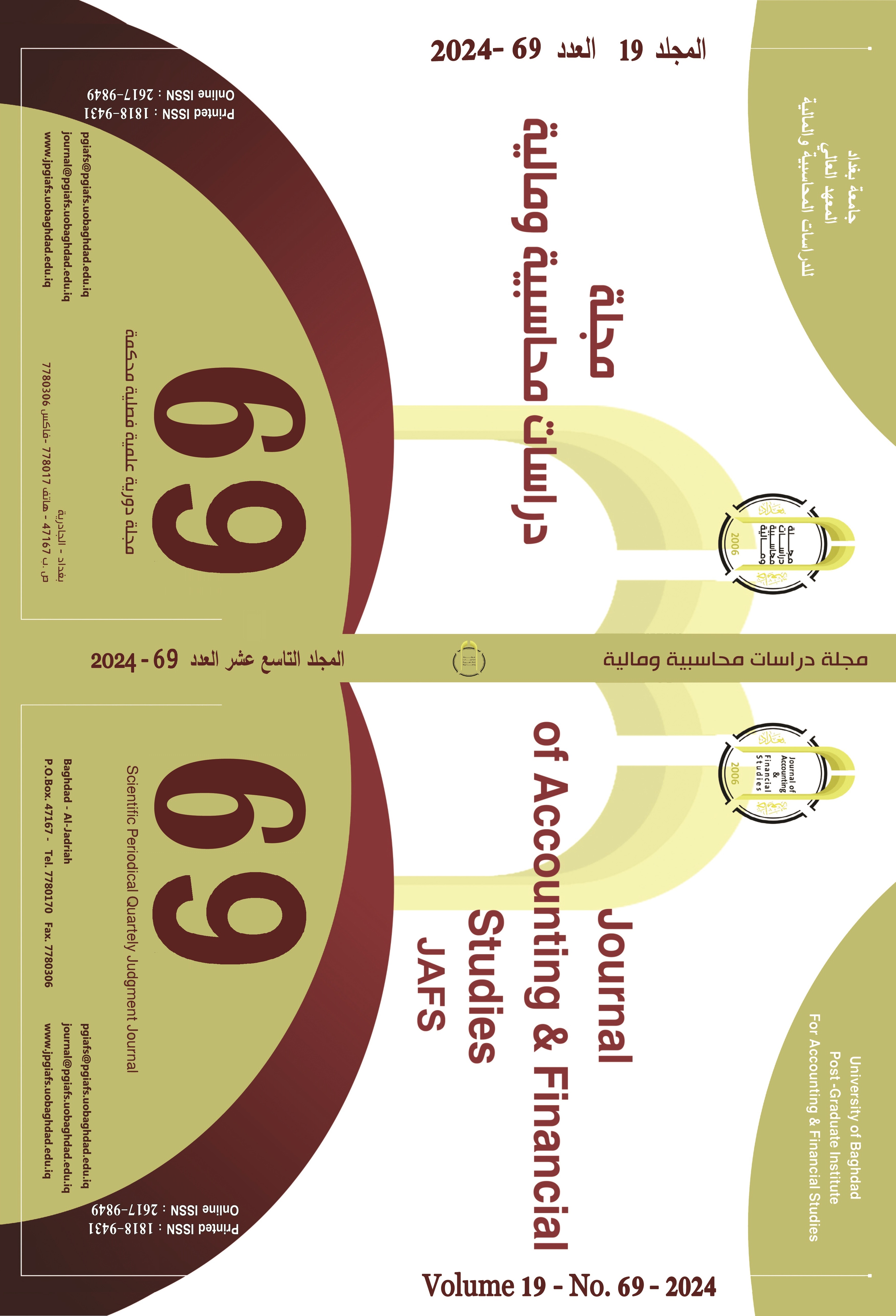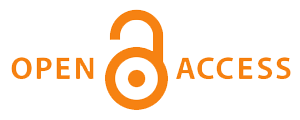The role of compliance with smart data standards in improving audit quality
(applied research)
DOI:
https://doi.org/10.34093/vgx0h779Keywords:
Smart data, Smart data standards, Audit QualityAbstract
The aim of the research is to shed light on smart data and its impact on the quality of auditing and the mechanism for adapting it to rapid technological developments in light of the challenges facing the banking sector. The research problem is represented by the difficulty of obtaining smart data, extracting information, exchanging it, the expansion of the scope of supervision, and auditing, and the complexity of its supervisory procedures in light of the use of smart data. In addition to the presence of threats to the auditor due to the increased opportunities available for the presence of fraudulent financial data, it also contributed to the emergence of advanced methods that rely on the use of computers to carry out the audit process. Therefore, the trend towards using modern audit tools using computers in general and using smart data in particular has increased. The research hypothesis revolves around the extent to which compliance with smart data standards contributes to improving the quality of the audit process. In addition to using smart data in the audit process, it leads to the efficiency and adequacy of evidence. The researcher implemented a program to audit the extent of compliance with the standards of smart data, which was conducted on a sample of private Iraqi banks with the aim of verifying the extent of their compliance with the standards of smart data and its reflection on the quality of the audit, which The researcher used four indicators to measure them to extract the percentages, compare them with the compliance percentages, and analyze the results. One of the most important findings of the research is the absence of government legislation to establish e-government using the smart data framework, and the presence of many challenges facing the external auditor in light of the presence of smart data, including the privacy, security and integrity of the data and its users, as well as the role of compliance with the standards in applying accounting and financial reporting standards. Based on its conclusions, the research made several recommendations, perhaps the most important of which are: the need for all government agencies to pay attention to enacting legal frameworks and providing the necessary funding to allow building a national model for improving public services inspired by global experiences. The need to enhance trust, security and privacy by establishing strict and clear security measures against potential threats when providing smart data services to the public.
Downloads
Published
Issue
Section
License
The copyright is transferred to the journal when the researcher is notified of the acceptance of his research submitted for publication in the journal.



